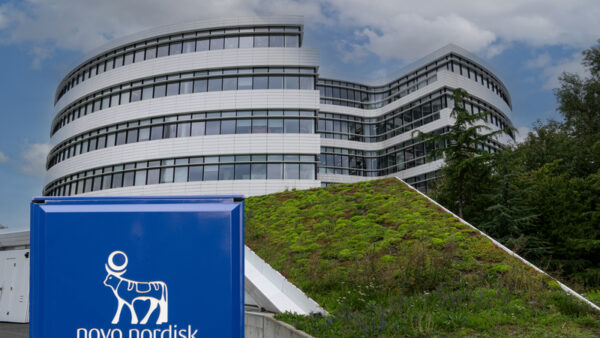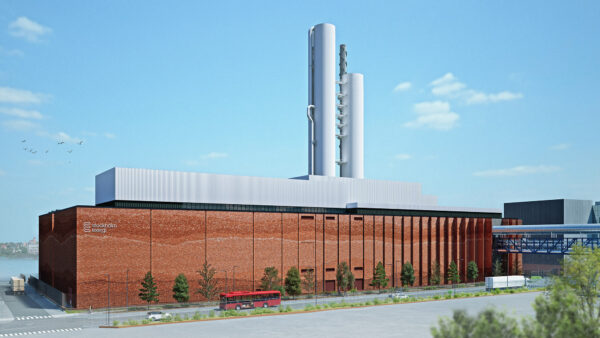As well as posing a threat to the future of human and other life on Earth, the use of fossil fuels also threatens to obliterate its past, a scientist at Imperial College London have warned.Â
According to research published earlier this week, carbon released by burning fossil fuels may soon make it impossible to carry out radiocarbon dating to establish the age of artefacts.
The method relies on determining the amount of a naturally occurring radioactive isotope called carbon-14 present in an object.
By 2050 a new T-shirt would have the same radiocarbon date as a robe worn by William the Conqueror–
But carbon released by burning fossil fuels is diluting the amount of carbon-14 present, and artificially raising the “age” of the atmosphere itself, according to a paper published in the journal, Proceedings of the National Academy of Sciences.
Radiocarbon measurements have a range of uses, from analysing archaeological finds to detecting fraudulent works of art.
The study suggests that some of these current uses will be affected over this century, depending on how fossil fuel emissions increase or decrease.
Heather Graven, the author of the study and a scientist at the Department of Physics at Imperial, said: “If we reduced fossil fuel emissions, it would be good news for radiocarbon dating.”
The method works because fossil fuels such as coal and oil are too old to contain carbon-14. When their emissions mix with the modern atmosphere, they flood it with non-radioactive carbon.Â
In radiocarbon dating terms, this makes the atmosphere appear older, which is reflected in the tissues of plants taking in carbon dioxide during photosynthesis, and their products such as cottons.
If carbon emissions are not curbed, by 2050 a new T-shirt would have the same radiocarbon date as a robe worn by William the Conqueror, victor in the Battle of Hastings, 1066.
According to Graven, carbon-14 is now diluted in the atmosphere nearly to proportions seen before the Industrial Revolution.
“We can see from atmospheric observations that radiocarbon levels are steadily decreasing. How low they go depends on changes in our fossil fuel emissions,” said Dr Graven.
- For links and more information click here.
Photograph: Radiocarbon dating established in 1978 that the Turin Shroud was made in the 13th century. Thanks to raised carbon levels in the atmosphere, such historical sleuthing itself may be a thing of the past (Source: Wikimedia Commons)










